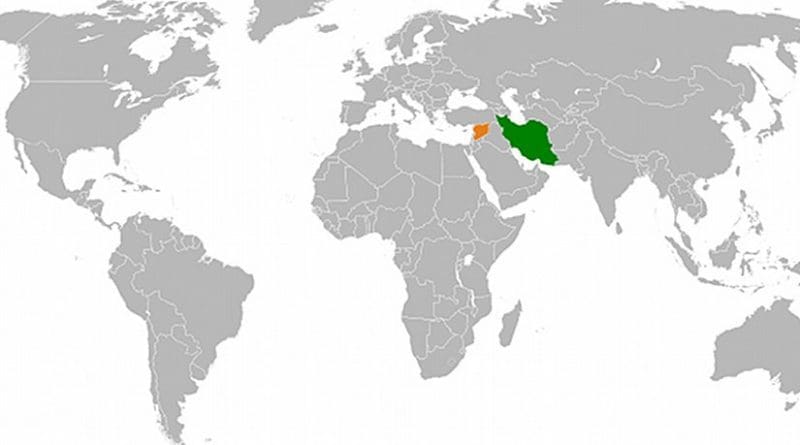An Iranian View Of Syria – OpEd
By Paul Woodward - War in Context
Ali Akbar Salehi, Iran’s foreign minister, writes: We humans often make the mistake of not learning from history, even when it is recent. Civil war in the Levant is not a thing of the distant past. With Syria descending into worsening violence, the 15-year Lebanese civil war should provide frightening lessons of what happens when the fabric of a society unravels.
When the Islamic Awakening — also known as the Arab Spring — began in December 2010, we all saw people rising up to claim their rights. We have witnessed the emergence of civic movements demanding freedom, democracy, dignity and self-determination.
We in Tehran have watched these developments with delight. After all, a civic movement demanding the same things that many Arabs want today is what led to the emergence of…
… the Green Movement and mass protests across Iran following presidential elections in June 2009 whose outcome appeared to have been rigged.
Even if the protests were eventually crushed, most of the movement’s leaders imprisoned and many tortured, the popular uprising which drew support from all quarters of Iranian society was at that time one of the most impressive demonstrations of people power that the region had ever experienced. While it’s influence might not often be cited in what has been labelled an ‘Arab’ spring, ordinary Iranians surely served as inspiring role models who made it clear that democracy is never a gift from enlightened or benign rulers — it is a demand which eventually cannot be refused.
Oh, and just to make it clear to readers who didn’t follow the link to the rest of Salehi’s commentary: he was not doing the political unthinkable for someone in his position — praising the 2009 protests; he was presenting the 1979 Islamic revolution as a precursor to the Arab Spring. That, in and of itself, does not reveal Iranian hypocrisy. It is in the following three sentences that Assad-backing Iran loses any credibility:
During the past three decades, Iran has consistently underlined that it is the duty of all governments to respect their people’s demands. We have maintained this position as the Islamic Awakening has unfolded, without any lopsided shifts depending on the location of these civic movements. We have been in favor of change to meet people’s demands, whether in Syria or Egypt or anywhere else.
Really? So has the only mistake made by Syrians been that they failed to rely on the appropriate channels for pressing their demands? Any what of the Iranian government’s duty to respect their own people’s demands?
What the last 30 years reveal is how easy it is for revolutionaries to turn into counter-revolutionaries.

